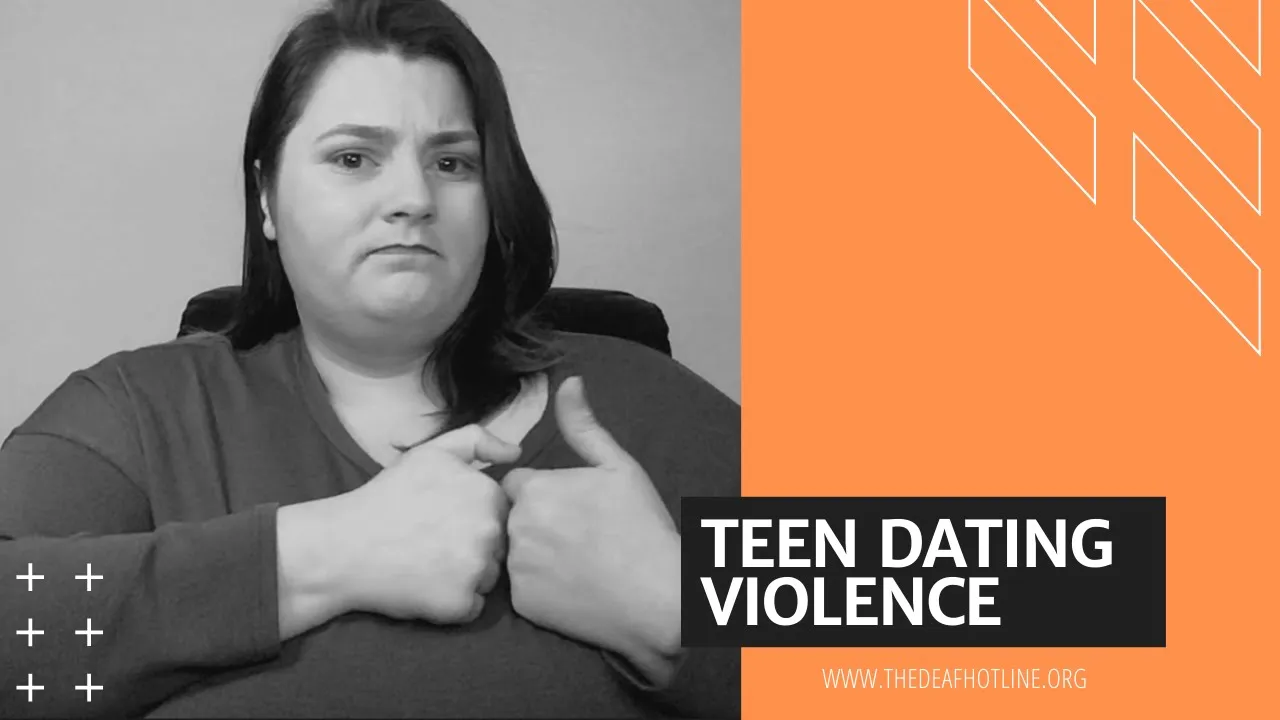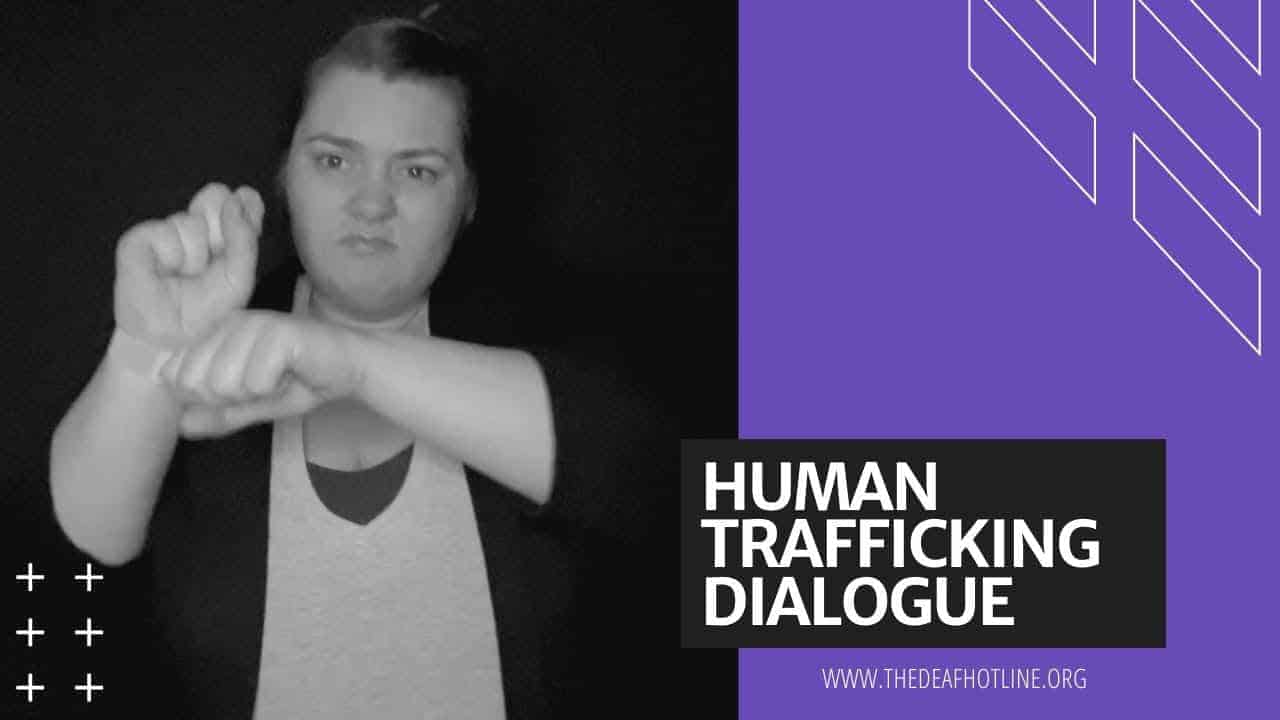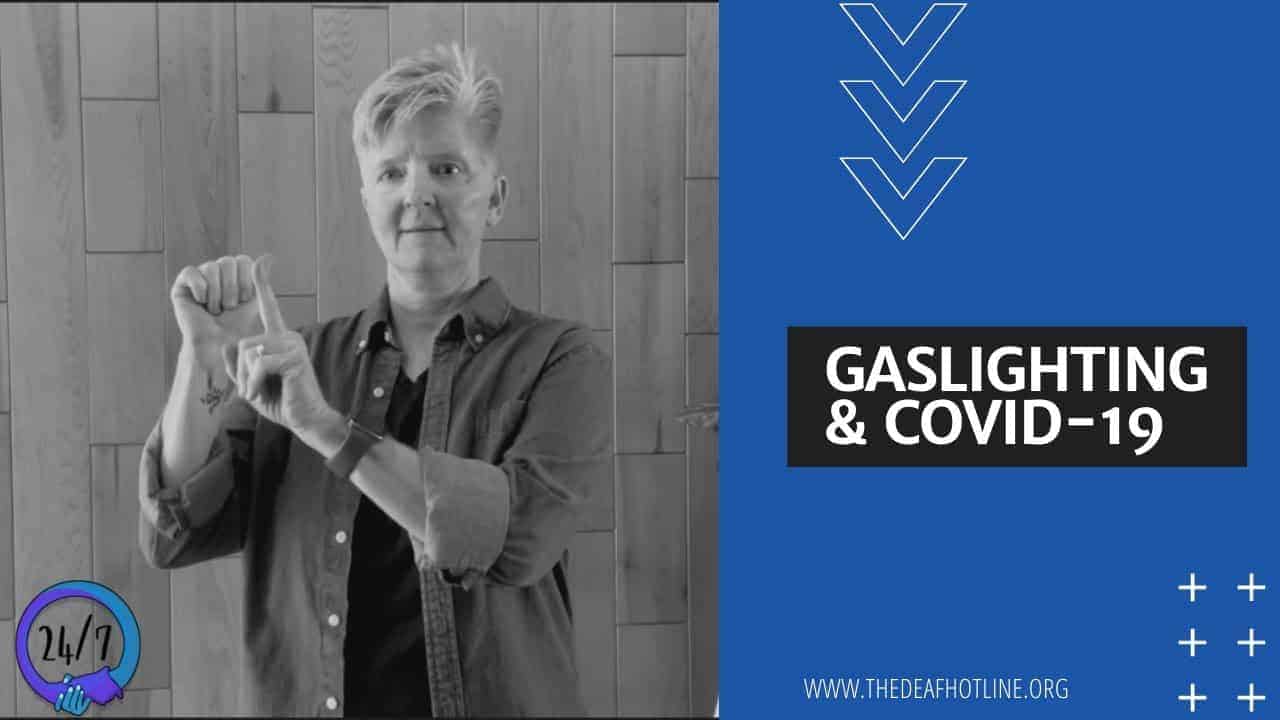Has your partner ever said things like this to you?
“What you said made me act that way.”
“You hit / shoved / pushed me, too.”
“You started this.”
“You’re abusing me, too.”
Some people we talk to who are able to recognize that their relationship is unhealthy or even abusive, but they also believe that the abuse exists on both ends, or that both partners are at fault for the abuse.
Many times, we speak with survivors who want to address concerns they have about their own behaviors. They will often express that their relationship is mutually abusive, that concept used when describing a relationship where both partners are abusive towards one another.
But “mutual abuse” doesn’t exist.
Abuse is about an imbalance of power and control. In an unhealthy or abusive relationship, there may be unhealthy behaviors from both/all partners, but in an abusive relationship, one person tends to have more control.
So why doesn’t mutual abuse exist?
Self-Defense (point finger)
If you’ve ever yelled at your partner, participated in an intense argument or used physical force, there are certain instances where this would not be considered abusive.
Enduring abuse over time can lead to broken down self-esteem, feelings of low self-worth and intense emotional stress or even PTSD. While it’s never healthy to yell back at a partner or be violent with them if you are experiencing abuse you might have used one of these strategies when you felt your safety was at risk or you were trying to re-establish your independence in the relationship. Self-defense is not abuse, and identifying it as such can increase any fear you already feel in the situation. Everyone has the right to defend their safety, both emotionally and physically.
Blame Shifting
The excuse of “mutual abuse” also allows the abusive partner to shift blame. We know that abusive partners rarely take responsibility for their actions and that blame shifting is a common tactic. If your abusive partner is claiming that you’re equally or more responsible for an incident, or that you too were abusive, this is their way of manipulating you into believing you did something to deserve this treatment. Believing you’re at fault helps the abusive partner continue to have control and often leaves you feeling as if you’re the one who needs to make changes.
For example, an argument occurs in which your partner tries to keep you from leaving the room. They may physically block the doorway and in your attempt to rightfully leave, you shove your partner out of the way. Your partner chooses to lash out at you for this with physical violence. Afterwards, they claim that you were abusive too because you shoved them. Your partner’s attempt to keep you from leaving already exhibits efforts to gain power and control. Their extreme reaction to the shove does as well. They felt threatened by your choice to leave when in a healthy relationship your partner would respect your right to walk away from an argument. When it’s over they blame you for their actions of violence in a final pursuit of control. You shoving your partner in order to get away from them is not considered abuse. Abuse is a pattern of behavior intended to have power over someone else, usually a partner.
Myths Around Men Experiencing Abuse
Let’s debunk some of the myths about abuse and why are men not believed:
Myth #1: The world tells us that men can’t be victims of abuse.
Myth #2: The media tells us men are just the perpetrators of violence, but never the victims.
Myth #3: Men are not real men if they can’t take it.
Myth #4: Men don’t have access to the same resources as women.
Myth #5: Men who are gay or bisexual will bring shame to the LGBTQ+ community if they report being victims of abuse.
To combat these myths, here are a few ideas to help men affected by abuse and domestic violence:
Believe victims and survivors.
Document the abuse.
Find a support system.
Take a proactive approach to your own safety.
Reach out to The Hotline for help.
At the Hotline, we know that domestic violence can affect anyone – including men. According to the CDC, one in seven men age 18+ in the U.S. has been the victim of severe physical violence by an intimate partner in his lifetime. One in 10 men has experienced rape, physical violence, and/or stalking by an intimate partner.
Although they make up a smaller percentage of callers to The Hotline, there are likely many more men who do not report or seek help for their abuse, for a variety of reasons:
Pervading beliefs or stereotypes about men being abusers, women being victims.
The abuse of men is often treated as less serious, or a “joke.”
Many believe there are no resources or support available for male victims.



